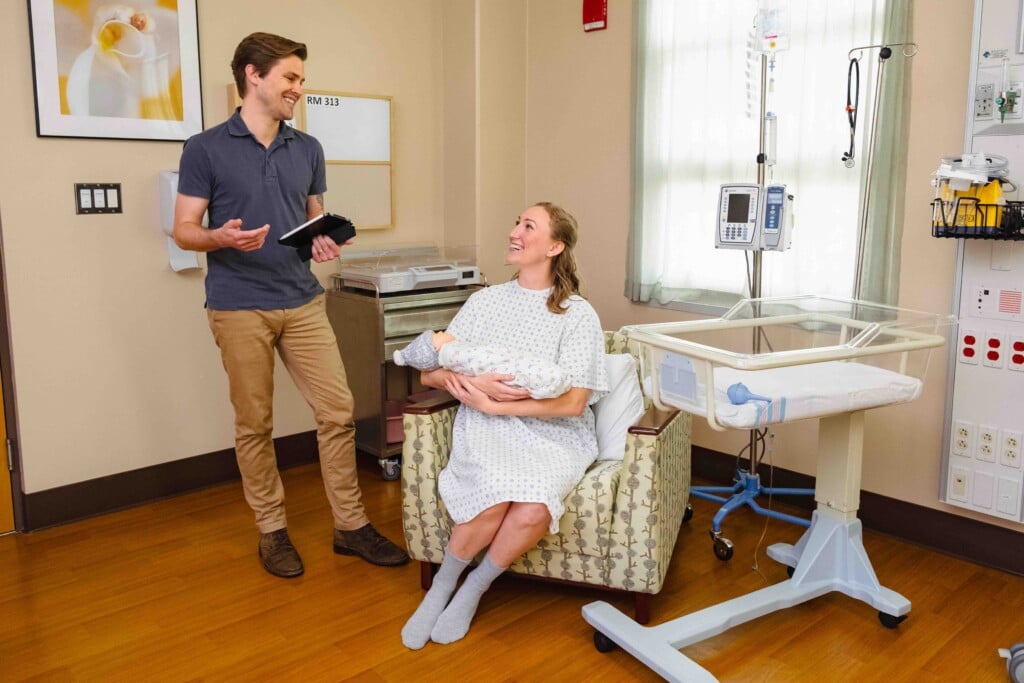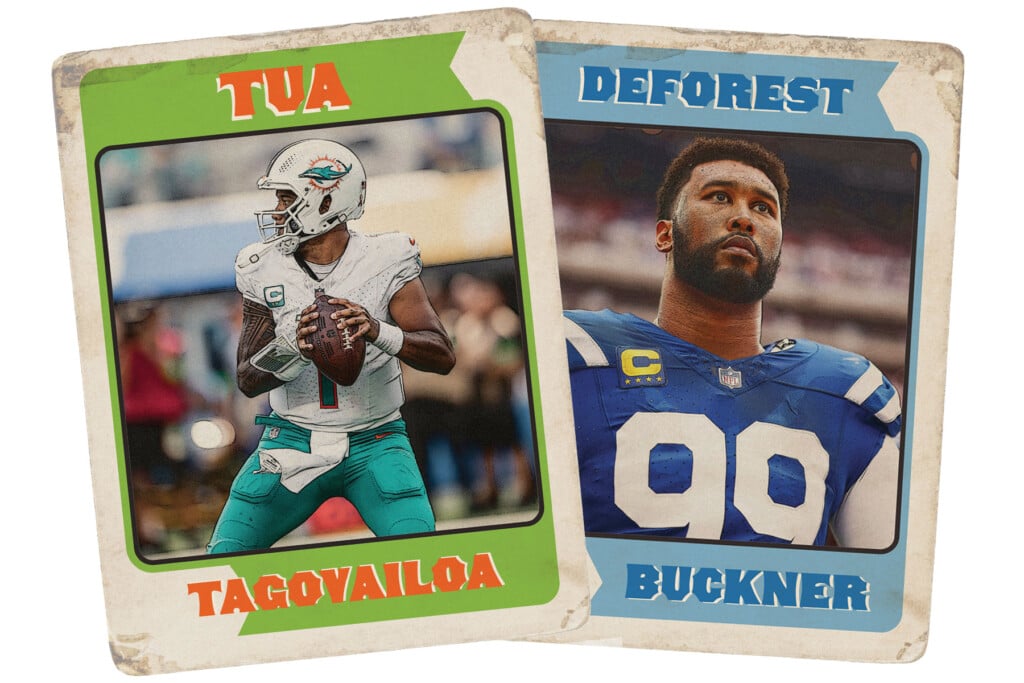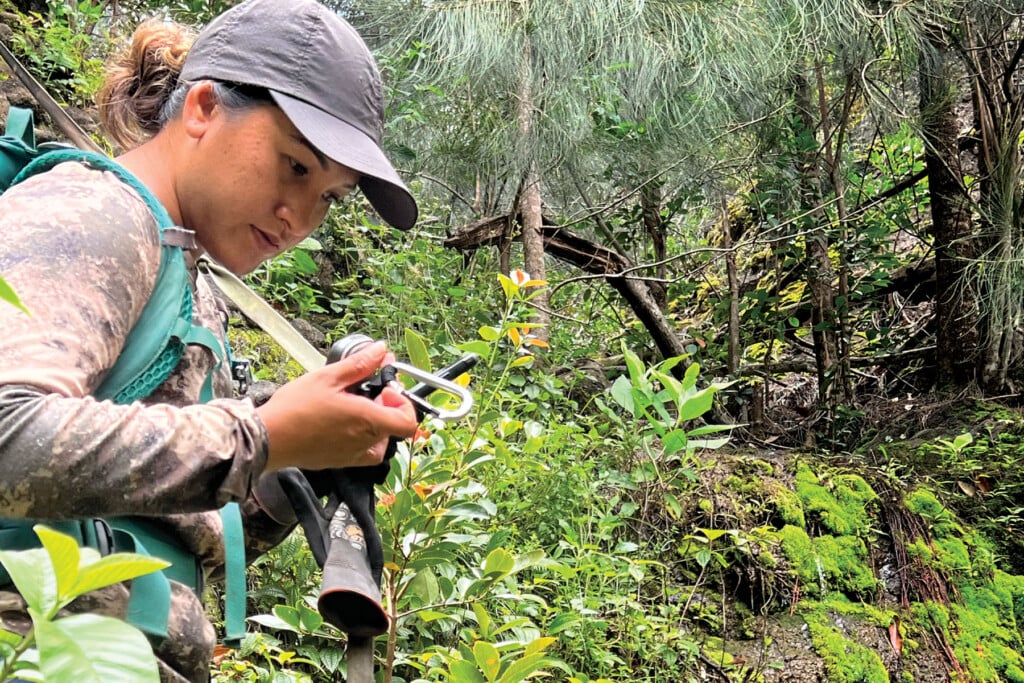My Job Is Leading Patient Simulations to Help Train UH Nursing Students
Alex Munro turned his theater background into a unique role guiding actors who perform as patients, including difficult conversations and emotions.

Beginnings: Alex Munro completed his undergraduate education at Roanoke College in Virginia and earned his Master of Fine Arts in directing and doctorate in performance studies at UH Mānoa.
Munro has been program manager for HealthCast, a collaboration between the Nancy Atmospera-Walch School of Nursing and Department of Theatre + Dance, since its inception at UH Mānoa in 2013.
Unique Opportunity: In the program, actors pose as patients to give nursing students the chance to deal with situations they might face in their careers, Munro says.
“A lot of health care institutions use simulation to bridge classroom learning and caring for actual patients. Here at the simulation center, students get to practice their skills, see what they’re doing well and learn from mistakes.”
Most of the time, nursing students practice with mannequins. However, certain social and emotional scenarios require humans to simulate person-to-person interactions, Munro says.
Fulfilling Work: “It’s really awesome when you’re in the room as the simulated patient, as the actor, and you can see in real time when those learning moments go off with the nursing students,” he says.
After every simulation performance there is a debrief, where nursing students reflect on what they did well or not so well, and actors can give feedback, which Munro says the students crave.
“We’ve had a lot of actors come through and have tapped into a more truthful emotional pool in their acting. So many say they can’t cry on the spot or have trouble conveying grief or pain, and then 15 seconds into the performance they are sobbing and sniffling. There is something about simulation performance that really helps actors become more confident in their abilities.”
Challenges: Munro says a constant challenge is scheduling. HealthCast does simulations every week and the current pool of actors is made up primarily of students, so it takes a lot of coordination to accommodate classes, shows, homework, jobs and other demands on their time.
Day in the Life: Some days Munro runs rehearsals, brings new actors onboard, gives tours of the center, provides performance feedback and supports actors. Other days he is learning how to use cameras and edit videos now that UH has received a grant to support simulation learning in the Pacific Islands.
Importance: Sometimes simulation requires actors to play roles in deeply emotional scenarios, like ending life support for a spouse, so the program likes to get ice cream to cheer them up afterward.
Munro says that in one ice cream debriefing with the actors, a professor popped in and said: “I really want to thank you for sharing your time, talent and willingness to go there for our students because you are helping people you will never meet. Because you went there today, our doctors, nurses, spiritual care providers and social workers are better prepared to help families who are going through this.”
Munro adds: “These are some of the best performances we’ll never see. Simulation is confidential and just for a handful of students, but because of that experience, health care students are going to do better work when they are with their clients and in the community.”
Adding Elements: “We’re starting to go beyond just our actors and our theater and dance students. We now partner with our makeup students who help do things like old-age makeup and wounds to make simulation more realistic. We also partner with our scenic design students who create new props for some scenarios and deepen the relationship between theater, dance and nursing.”
HealthCast next plans to support simulations at UH West O‘ahu and Leeward Community College.
Get Involved: While most actors in simulations are students, HealthCast does recruit from the community to provide the program with more diversity and authentic representation. Those interested can email Munro at abmunro@hawaii.edu to learn more.






